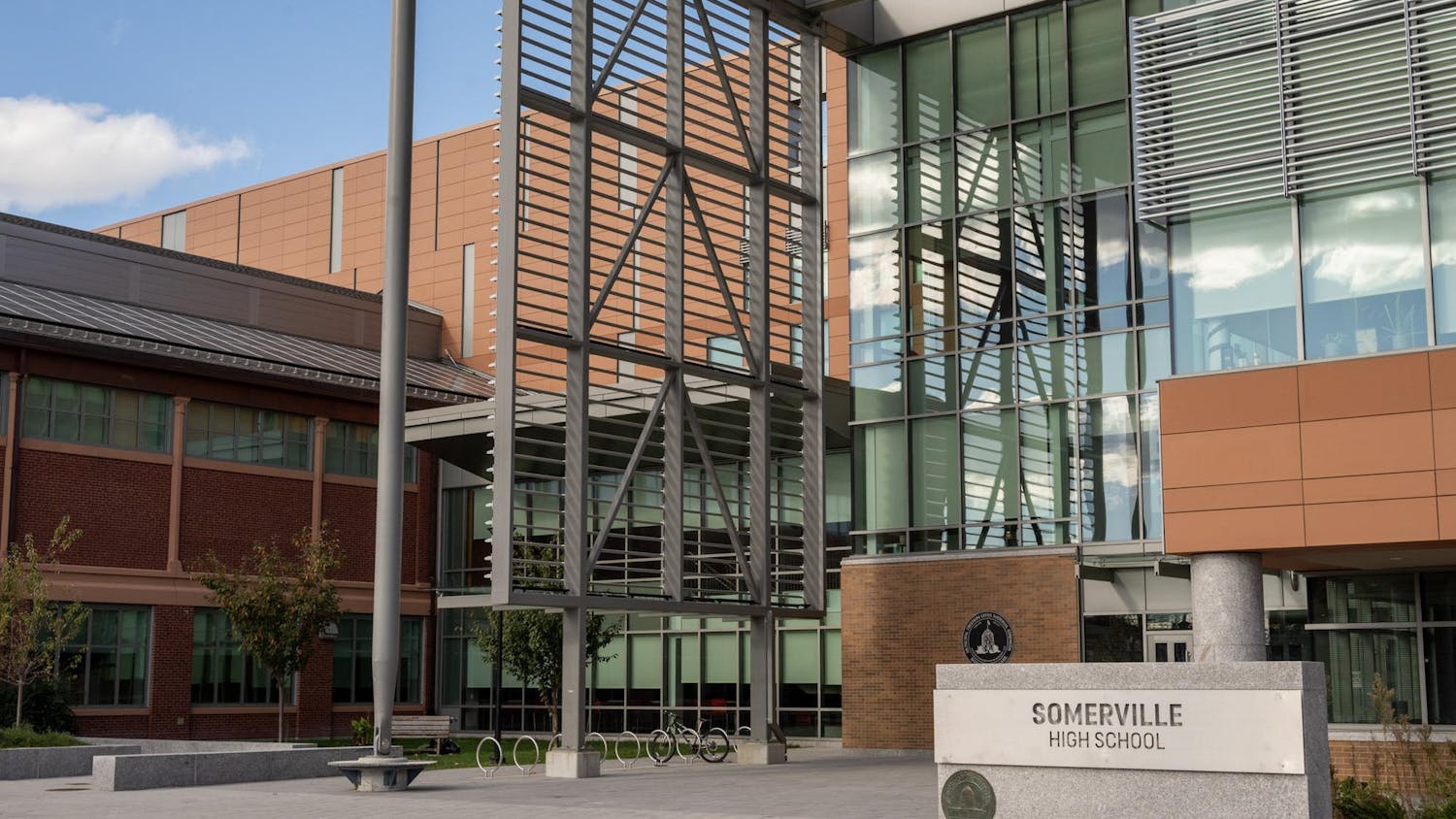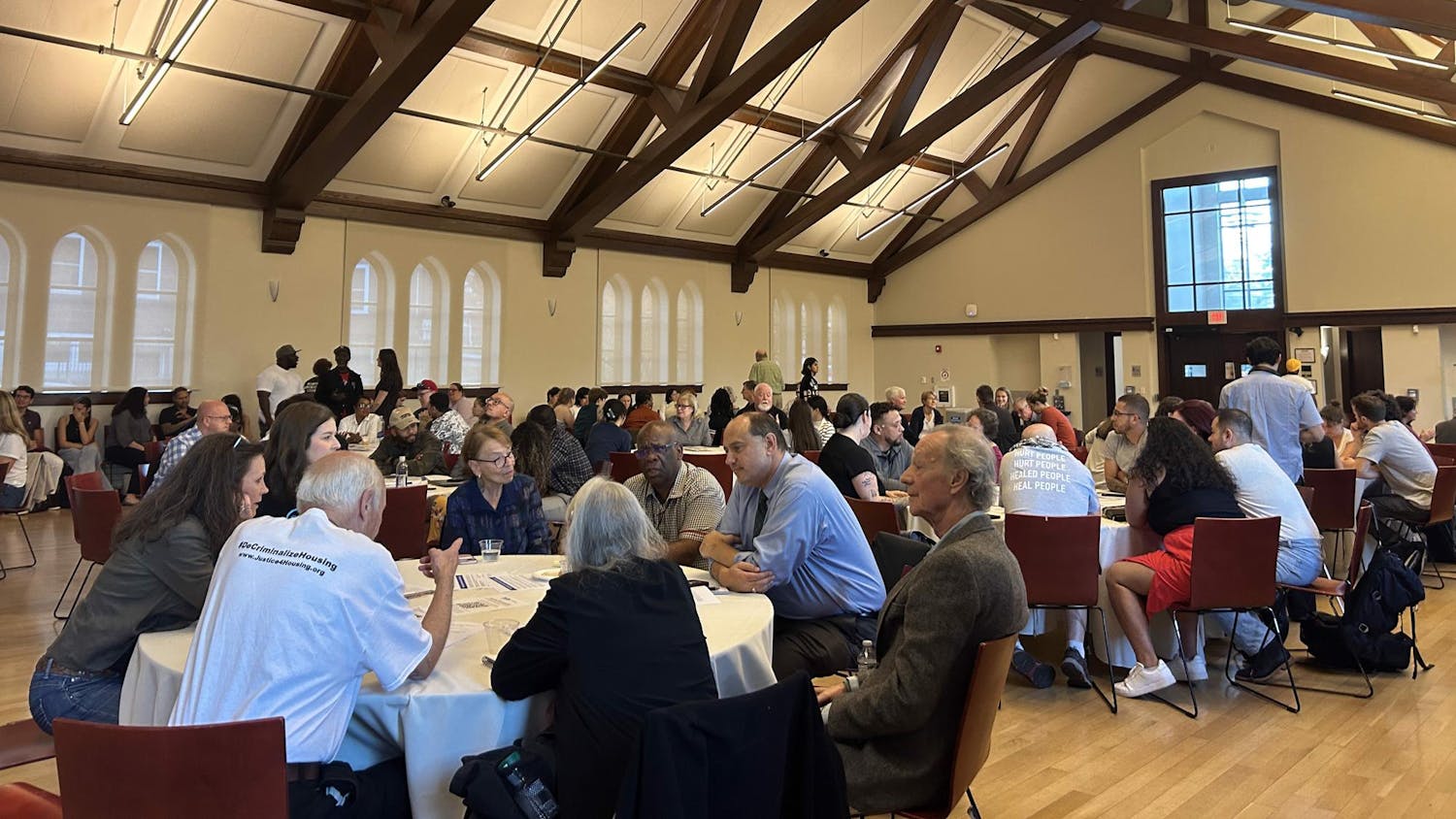The School of Engineering's Gordon Institute next semester will inaugurate a new engineering lecture series focusing on engineering ethics, thanks to a $40,000 gift from an anonymous alumnus.
The lecture series will cover micro-ethics topics and examine concepts, such as intellectual property and privacy, that relate to the ethics of the individual. It will also address broader macro-ethics issues such as the ethical ramifications of nanotechnology research, climate change and sustainable development. The institute, a leadership program within the engineering school, will run the series.
The nameless alumnus offered to make the gift in January, hoping to prompt students to think about the ethical implications of their work, according to Jackie Natale, a University Advancement development officer who deals with engineering development. "[The donor] has an interest as a professional in seeing more people think about engineering ethics and engineers in public policy," she said.
It will be called the Knox Lecture Series in Engineering Ethics in honor of Associate Engineering Dean Kim Knox, who advised the alumnus during the latter's time at Tufts.
"Dean Knox has made an enormous commitment to the education of our students, and she's an excellent example of a person who behaves in the most ethical way," Civil and Environmental Engineering Professor Lewis Edgers said. "It is a great honor for her, but it is also entirely appropriate that this series is named in her honor."
The donor requested to remain anonymous because he wants the focus to remain on Knox, according to Natale.
While the lecture series remains a work in progress, Gordon Institute Director Robert Hannemann expects the inaugural event to take place in February or March, with approximately two lectures per semester.
The lectures will primarily target the undergraduate community — a condition that both the donor and the university felt strongly about.
"We believe that it is appropriate to make sure that the lectures are in fact directed towards and publicized in the undergraduate community," Hannemann said. "We want to make these lectures accessible, meaningful and appropriate for undergrads."
The lecture series will play an important role in addressing a perceived lack of material on ethics within the engineering curriculum. "While [the donor] was here at Tufts, he had a lot of interest in engineering ethics and the role of the engineer in society, especially as relating to public policy," Natale said. "So he really wants to promote that role more and felt that it was something that was lacking in a lot of areas and that he wanted to bring to Tufts after he left."
The gift also complements the school's major focus on engineering leadership.
Edgers, also an associate dean who focuses on curriculum development at the engineering school, emphasized that one of the school's main goals is to promote such values.
Hannemann echoed those comments. "We have a strong opinion that engineering professionals need to show more leadership in their companies, in their communities and in society," he said. "The lecture series fits in perfectly with that direction that we're taking."
The talks could play a unique part in this aim of instilling in engineering leaders a sense of ethics and values.
"We think that there is more to a Tufts education than classroom work … and that's where we see these lectures series fitting in," Hannemann said. "We'd like to get the opinions, the knowledge and the wisdom of people elsewhere in the world."





